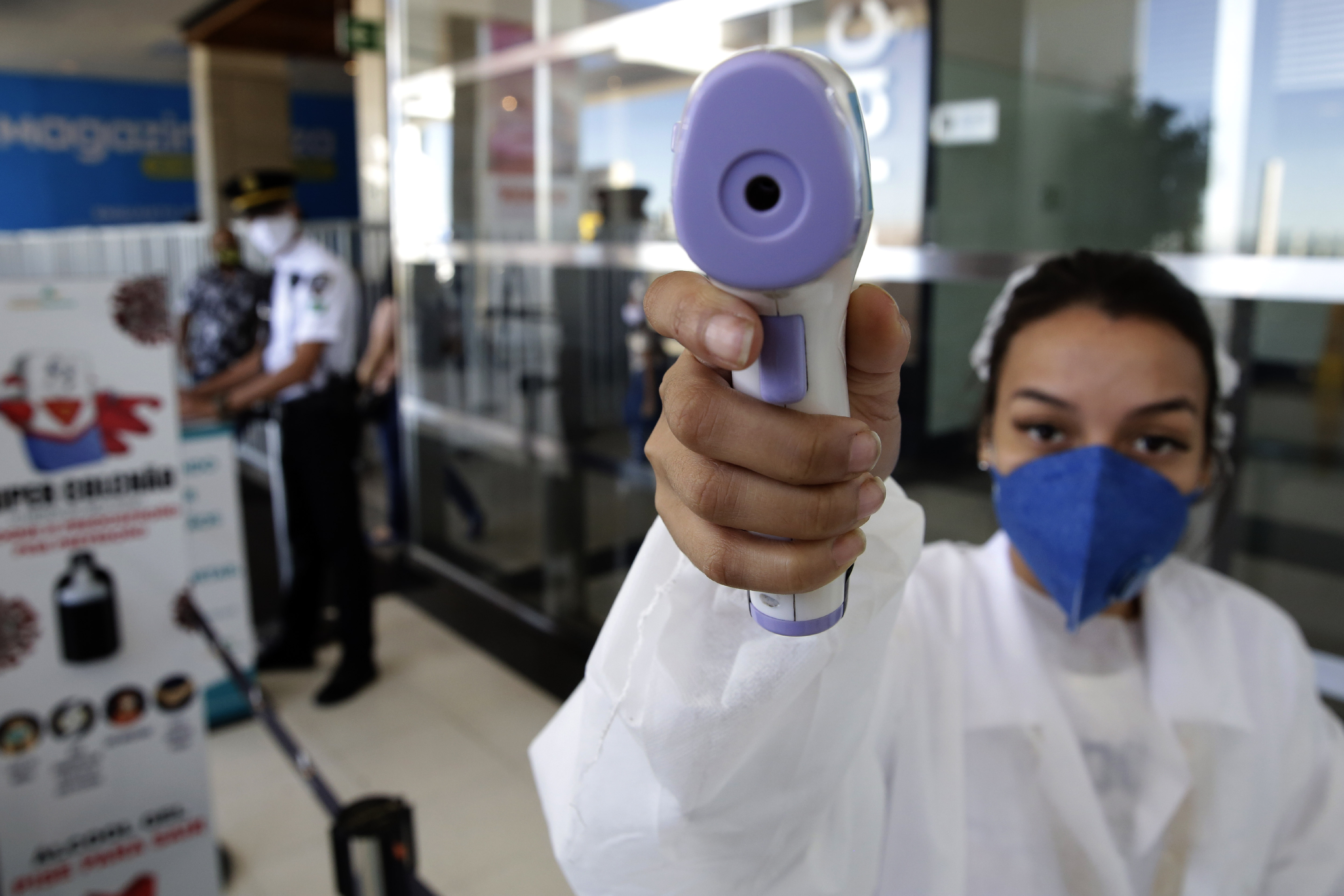Lies in the Time of COVID-19 Part IX

With the spread of COVID-19 impacting the world, the United States Agency for Global Media and its networks have remained committed to providing accurate and unbiased information about the coronavirus, clarifying any misinformation, and exposing disinformation related to the pandemic.
Addressing Disinformation
- VOA News covered the new United Nations campaign, “Verified,” which aims to combat misinformation surrounding the COVID-19 pandemic. The campaign will utilize “information volunteers” to disperse reliable information, and the content will come from the United Nations data sources and the World Health Organization. In addition to supplying reliable pandemic information, the campaign will promote recovery packages that emphasize the effects of poverty, climate change and other societal issues.
- VOA also examined the suppression of press freedom in Latin America. Leaders have negatively portrayed the media and some journalists have been attacked by both protestors and law enforcement. Media rights experts say the effort to suppress press freedom is amplified because of the pandemic. In Brazil, for instance, there is a divide between residents affected by the harsh reality of the pandemic and President Jair Bolsonaro.
- Polygraph, VOA and RFE/RL’s joint fact-checking project, continued to examine claims surrounding the coronavirus pandemic. It debunked a video circulating on YouTube falsely claiming that Italy wanted Bill Gates arrested and that was boosted by Russian media. The site also evaluated claims that Chechen Head Ramzan Kadyrov was in Moscow for COVID-19 treatment.
- RFE/RL and Current Time continued coverage of Russia’s handling of the COVID-19 pandemic. The Current Time map tracks various statistics worldwide, including death rates and recoveries. RFE/RL highlighted the portrayal of health workers in the country on state media despite challenges, including lack of personal protective equipment and hazard pay. Despite pressure from state organizations, RFE/RL has continually examined various aspects of the pandemic, including evaluating Russia’s mortality statistics. Similar issues are mounting in Ukraine, where the pandemic has cost the lives of healthcare workers due to lack of supplies and protective equipment.
- RFE/RL’s Armenian Service continued debunking myths and conspiracies of the coronavirus pandemic, while the RFE/RL’s Georgian Service utilized its Myths You Thought were True program to both explain and clarify false anti-vaccination efforts.
- RFE/RL’s Moldovan Service reported on anti-vaccination efforts by the Moldovan Orthodox Church that called on Maldovan President Igor Dodon to not require a coronavirus vaccine once developed, citing a conspiracy theory that a “world anti-Christ system” will implant people with microchips via 5G technology and control them.
- RFE/RL’s Tajik Service reported on the underreporting of cases in Tajikistan and is actively tracking its own case count. In addition, it highlighted the misrepresentation of the source of medical supplies. The government falsely claimed that it bought the materials for distribution, but the supplies were actually donated to Tajikistan as international aid.
- RFA’s Mandarin Service reported on conflicting statements regarding the novel coronavirus in animals at Wuhan, China’s wet market. While Gao Fu, Director of the Chinese Center for Disease Control and Prevention, said recently that the virus was present in the areas and not at the wet market, he told a news conference in January that the virus originated from animals being sold illegally at the market.
